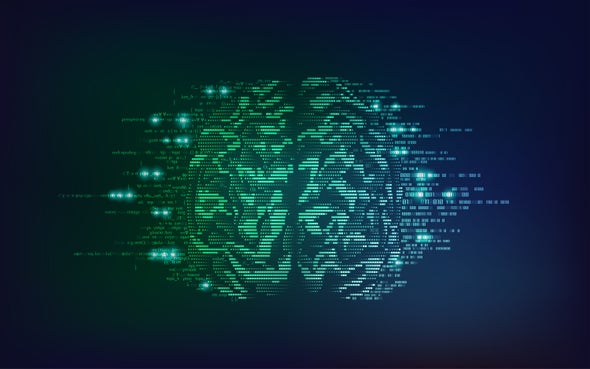 Geoff Mulgan
Geoff Mulgannesta.org.uk
Originally published September 16, 2019
Here is an excerpt:
1. Ethics involve context and interpretation - not just deduction from codes.
Too much writing about AI ethics uses a misleading model of what ethics means in practice. It assumes that ethics can be distilled into principles from which conclusions can then be deduced, like a code. The last few years have brought a glut of lists of principles (including some produced by colleagues at Nesta). Various overviews have been attempted in recent years. A recent AI Ethics Guidelines Global Inventory collects over 80 different ethical frameworks. There’s nothing wrong with any of them and all are perfectly sensible and reasonable. But this isn’t how most ethical reasoning happens. The lists assume that ethics is largely deductive, when in fact it is interpretive and context specific, as is wisdom. One basic reason is that the principles often point in opposite directions - for example, autonomy, justice and transparency. Indeed, this is also the lesson of medical ethics over many decades. Intense conversation about specific examples, working through difficult ambiguities and contradictions, counts for a lot more than generic principles.
The info is here.






